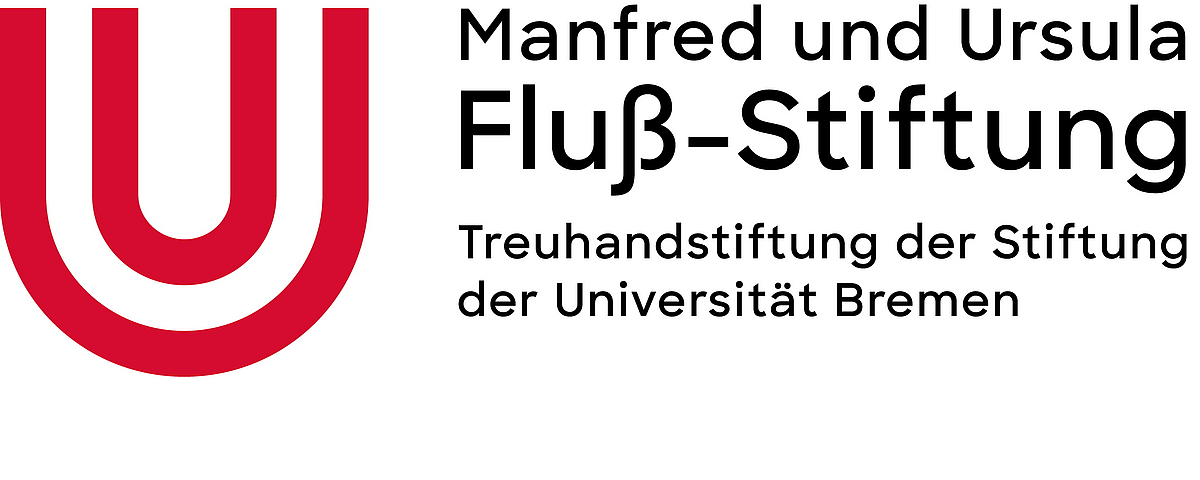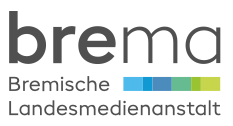Elena Esposito
Mark Andrejevic
Keynotes


Live am ZeMKI in Bremen | 18.-20. Mai 2023
Freitag, 19. Mai 2023: 09:30 bis 10:30 Uhr
Universität Bremen
Großer Hörsal HS 2010
Hörsaalgebäude
Hybrid-Veranstaltung. Teilnahme via Zoom: https://uni-bremen.zoom.us/j/68508875874?pwd=aE5sT0s3b0ZDSlRCa2tzalpUakNKdz09
Elena Esposito (Universitäten Bielefeld und Bologna, Italien)
„How to Communicate with Machines that do not Understand“
Recent algorithms that rely on advanced machine learning techniques and use big data require the ability to handle opacity without assuming transparency. The latest approaches to explainability reproduce what happens in communication, producing explanations of the working of algorithms that can be different from the processes of the machines.
Elena Esposito is Professor of Sociology at the University Bielefeld and the University of Bologna. A leading figure in sociological systems theory, she has published extensively on the theory of society, media theory, memory theory and the sociology of financial markets. Her current research on algorithmic prediction is supported by a five-year Advanced Grant from the European Research Council.
Samstag, 20. Mai 2023: 09:30 bis 10:30 Uhr
Universität Bremen
Großer Hörsal HS 2010
Hörsaalgebäude
Hybrid-Veranstaltung. Teilnahme via Zoom: https://uni-bremen.zoom.us/j/68508875874?pwd=aE5sT0s3b0ZDSlRCa2tzalpUakNKdz09
Mark Andrejevic (Monash University, Australien)
„Granular Biopolitics and the Recession of the Social“
This presentation draws on research from a project devoted to considering the social implications of the widespread deployment of automated, real-time mass identification via facial recognition (and other biometric technologies). It considers the relationship between the multiplication and „thickening“ of borders and the promise of „frictionlessness“ deployed by biometric technologies. Building on the literature on biopower, it considers how biometrics reconfigure the relationship between individual and population in ways that have implications for strategies of surveillance, governance, and control. It concludes with a consideration of the ways in which automated recognition combined with automated social sorting contributes to what might be described as the „recession of the social“ – that is, the implications of the misrecognition of societal interdependence facilitated by social sorting and the customization of culture.
Mark Andrejevic is a Professor in the School of Media, Film, and Journalism at Monash University where he leads the Automated Society Working Group. He is a Fellow of the Australian Academy of the Humanities and a Chief Investigator with the ARC Centre of Excellence for Automated Decision Making and Society. He is the author, most recently, of Automated Media and, Face Recognition (with Neil Selwyn).













